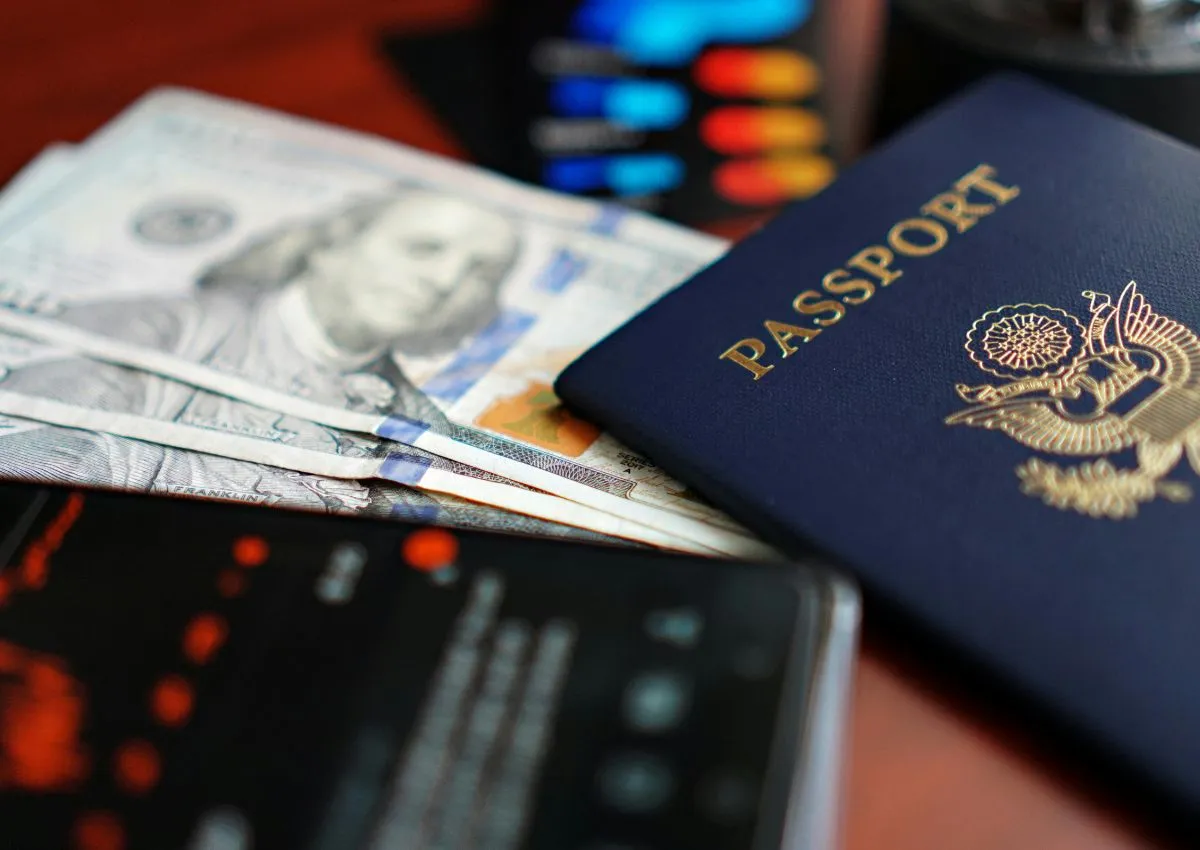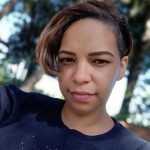
US to deport SA ‘refugees’ who lie in resettlement process
South Africans granted refugee status in the US may face deportation if authorities find that they provided false information in their applications.

South African “refugees” who resettle in the US risk deportation if authorities uncover any lies or omissions in their application process.
Errol Langton, one of the first to be successfully approved, revealed this during an interview marking his first three months in the US.
Langton, an IT technician and “leafy green” farmer, now lives in Alabama.
In February, President Donald Trump signed an Executive Order, granting refuge to Afrikaners or “minorities”, over his claims of “racial discrimination” in South Africa.
AFRIKANER ‘REFUGEE’ REVEALS WARNING FROM AUTHORITIES
In a conversation with US intelligence expert Chris Wyatt, Afrikaner “refugee” Errol Langton shared his experience applying for the resettlement programme.
The IT businessman explained that authorities clearly warned applicants not to lie or leave out any crucial information.
He said: “They made it very clear that if they do find that something was a lie or significant enough, you can be deported.
He added: “Don’t try to embellish or blow it up to more than it was. Tell simple, straightforward facts”.
Wyatt added that “acts of omission” could also have serious implications.
NO FAKE DOCUMENTS EITHER
In April, the US Embassy warned South African visa applicants: “If you submit fake documents, you are committing fraud and risking your future. We stay one step ahead of document vendors and adapt to emerging threats.”
It added: “Protect your future travel opportunities – tell the truth and do not provide fake documents.”
HOW TO APPLY
The US Embassy has updated its refugee status programme application and announced that communication will be coordinated by RSC Africa, which manages all US-bound applicants from Africa.
Applicants must fill in a statement of interest form, detailing how they are “persecuted” or fear threats of persecution. This will be based on several factors, including race, religion, nationality, political opinion, or membership of a social group.
Applicants will be called in for an interview, which could take place in either Sandton or Tshwane.
